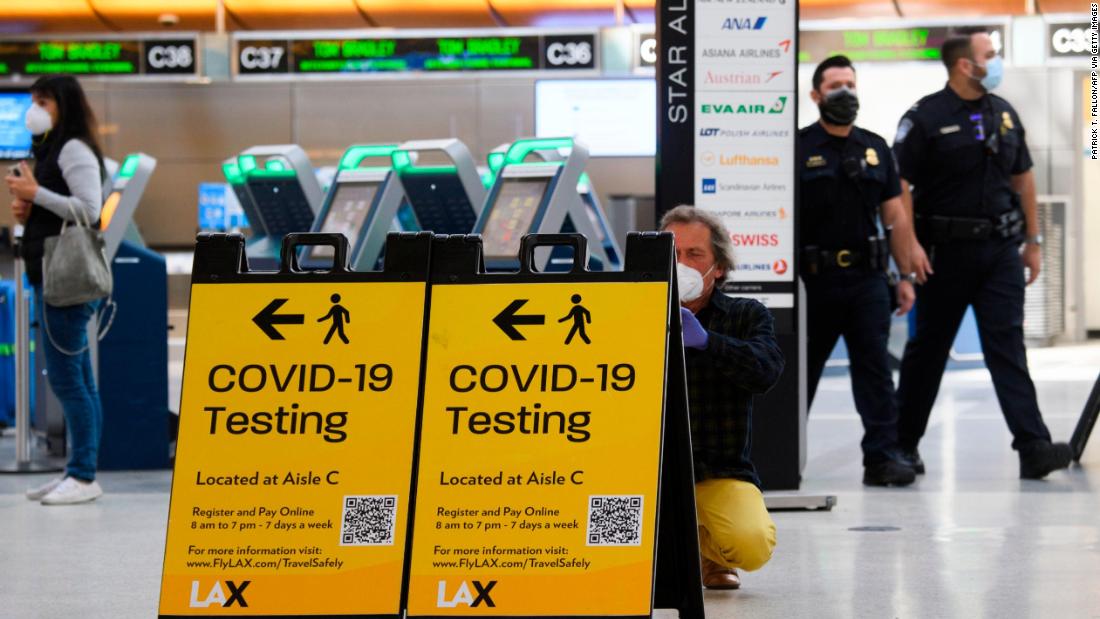The number of Covid-19 deaths reported worldwide has declined for the second week in a row, with 88,000 new deaths reported last week, a 10% drop from the previous week, according to WHO.
More than 3.1 million new cases of Covid-19 were reported worldwide last week, the WHO said in its weekly epidemiological update. This was a decrease of 17% from the previous week and the lowest number of cases worldwide since the week of 26 October 2020.
“While there are still many countries with an increasing number of cases, it is encouraging worldwide,” the weekly update said.
The United States accounted for the largest number of new Covid-19 cases, with 871,365. According to WHO data, however, this figure represented a 19% decrease in cases from the previous week.
Brazil, France, Russia and the United Kingdom were also among the countries that reported the most new cases worldwide, the WHO noted, although all saw a decline compared to last week’s figures.
Of all the regions, compared to the previous WHO weekly update, Africa saw the largest decrease in cases, with 22%, while the eastern Mediterranean had the smallest with 2%.
Overall, new cases in the Americas accounted for more than half of all new cases worldwide, with more than 1.5 million new cases and more than 45,000 new deaths.
Worldwide, there have been nearly 107 million Covid-19 cases and more than 2.3 million deaths from the virus since the onset of the pandemic, according to figures from Johns Hopkins University.
Many countries hope that coronavirus vaccines will provide a way out of the crisis.
But while some countries have already administered millions of doses, about 130 countries need to administer a single dose, WHO director Tedros Adhanom Ghebreyesus said in a briefing on Friday.
Early data this week showed that the Oxford-AstraZeneca vaccine could offer only ‘minimal protection’ against mild to moderate diseases caused by the coronavirus variant first identified in South Africa, optimism has plummeted in some quarters.
The Oxford / AstraZeneca vaccine is cheaper and easier to transport and store than some of the other vaccines approved so far, and as such it plays a key role in combating the pandemic in low- and middle-income countries.
